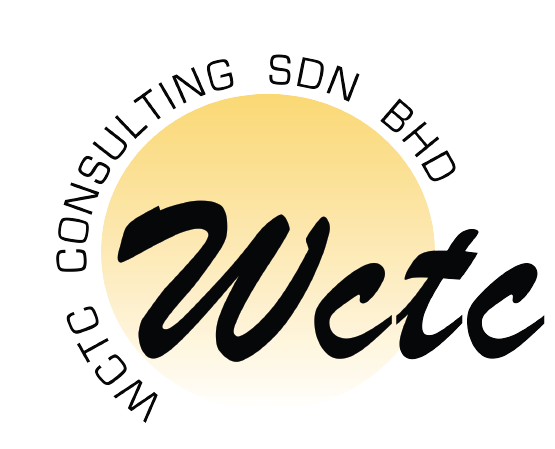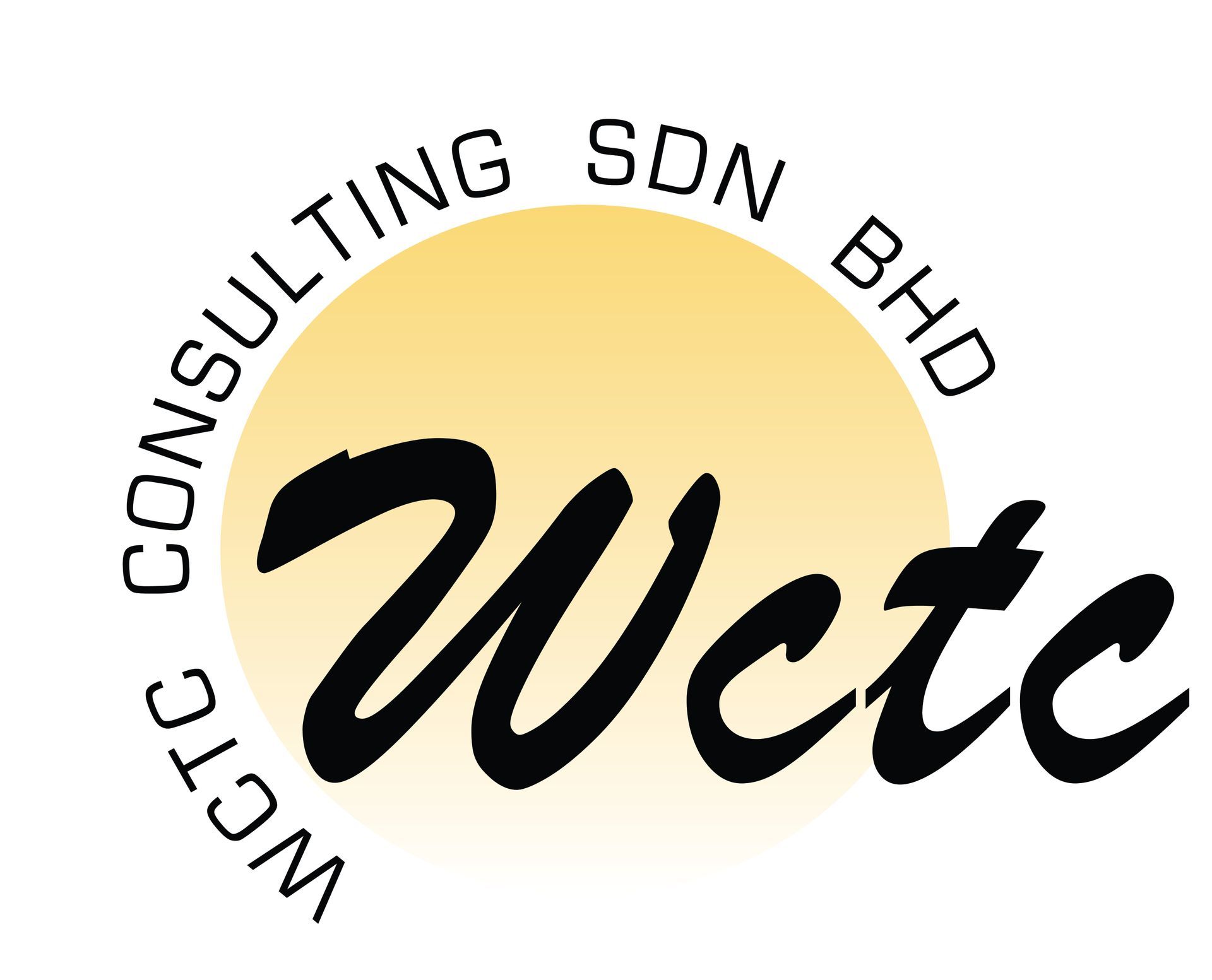OVERVIEW
Organizations invest millions in training and development based on their beliefs about generational differences. Today’s workplace includes at least five generations: Baby Boomers, Generation X, Generation Y, Millennials, and Generation Z. Conflict is an inevitable byproduct of any social environment—especially in multigenerational settings where individuals bring diverse dispositions, values, behaviors, and levels of emotional intelligence. Managing a multigenerational workforce with such varied perspectives, experiences, and goals presents a unique challenge for leaders, managers, and HR professionals alike.
What experiences have you had conflicting with different generations?
Challenging Interaction vs. Beneficial Interaction
Older generations may see younger generation as selfish, rude and glued to technology.
Younger generations may see older generation as selfish, rude and inept at technology.
Tension or conflict is inevitable in an intergenerational workplace. These conflicts can stem from minor issues—like a cluttered workstation—to more serious incidents, such as an employee verbally attacking a colleague in an attempt to undermine their work performance. This is a common challenge faced by both employers and employees.
Intergenerational conflicts can negatively impact the workplace in various ways. They may lead to gossip, verbal disputes, or even physical altercations in extreme cases. Beyond that, unresolved tension can reduce job satisfaction and overall productivity.
In today’s multigenerational workplace, effective conflict management is no longer optional—it’s essential. If you're in a leadership or managerial role, you must develop the skills to navigate and resolve disputes before they derail productivity, team dynamics, or career growth.
A young person who wants more clout wants to be noticed because they have new ideas that aren't being listened to.
An older person wants their experience to be recognized and appreciated.
Everyone wants to be heard and respected.
In this 14-hour intensive training, the skills of NLP will set you up for success in handling conflict and communication management in an intergenerational workplace. Whether you find yourself directly involved in a conflict or mediating one between others, the techniques you'll learn will equip you to navigate challenges with greater confidence and clarity.
Some of the NLP tools you'll explore include Perceptual Positions, which help you understand situations from another person’s point of view, and Dissociation, which allows you to step back and avoid taking things personally. You'll learn to separate behavior from intention in order to identify the deeper reasons behind conflict, and how to build rapport to create strong, cohesive relationships even in moments of disagreement. The Meta-model provides questions that bring clarity, while Meta-questions dig even deeper into what’s happening beneath the surface. Through Meta-programs, you’ll identify the best ways to communicate, influence, negotiate, manage, and facilitate understanding in others. Finally, by respecting another person’s model of the world, you may gain fresh insights and recognize the internal shift needed to resolve conflict effectively.
This training goes beyond just tools—it offers a
transformative approach to understanding people, bridging generational gaps, and leading with empathy.
JOIN US & LEARN practical strategies to
prevent and manage workplace conflicts—so your team can thrive with stronger collaboration, higher engagement, and long-term sustainability.
LEARNING OBJECTIVES
- PREVENT disagreements from escalating into unproductive or unhealthy conflict.
- IDENTIFY effective strategies for communication, influence, negotiation, and facilitation tailored to diverse individuals.
- RECOGNIZE and ADAPT to different communication styles across a multigenerational workforce.
- EXPLORE NLP frameworks for managing di cult conversations and achieving constructive outcomes.
- DISCOVER necessary mindset shifts using the “Model of the World” to enable conflict resolution.
- UNITE multiple generations through a shared sense of purpose and collaboration.
- STAY calm and self-regulated when mediating or navigating through conflict situations.
- APPLY Perceptual Positioning to better understand different perspectives in a conflict.
- USE Meta-Questioning techniques to uncover underlying issues beneath the surface.
- BUILD the mindset, confidence, and skills to effectively mediate and resolve conflict.

Other Workshops:




